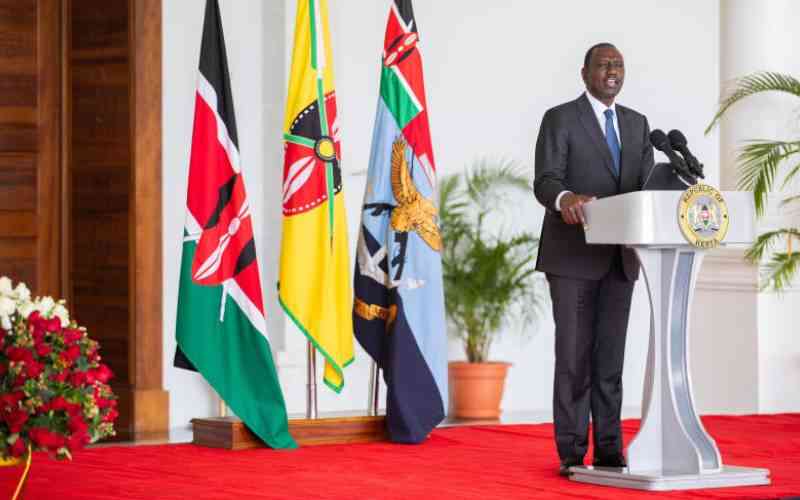×
The Standard e-Paper
Home To Bold Columnists

Kenya is an embarrassing clapping nation. Our propensity to clap speaks of an abused people who will apologise for those who abuse them.
Derogation of the people's natural rights over the years has reduced citizens to uncritical riffraff that claps at just about anything, even nothing. They laugh when they should cry.